Cutting costs is often a smart move, but sometimes, trying to save a few bucks can backfire and end up costing more down the line. We’ve all been there, thinking we’re being thrifty, only to find out later that our frugal habits are actually draining our wallets. This list highlights some of those sneaky habits that might seem like a good idea at first but can end up being expensive mistakes.
Contents
- 1 Buying Cheap Clothes
- 2 Skipping Regular Health Checkups
- 3 Ignoring Car Maintenance
- 4 Using Low-Quality Cleaning Products
- 5 Skimping on Home Insulation
- 6 Avoiding Professional Financial Advice
- 7 Cutting Out Insurance
- 8 DIY Home Repairs
- 9 Buying Cheap Electronics
- 10 Skipping Car Insurance
- 11 Not Investing in Quality Shoes
- 12 Using Cheap Paint
- 13 Avoiding Dental Care
- 14 Buying Cheap Tools
- 15 Skimping on Food Quality
- 16 Ignoring Eye Care
- 17 Cutting Corners on Childcare
- 18 Using Cheap Bedding
- 19 Avoiding Professional Pest Control
- 20 Skipping Professional Tax Help
- 21 More From RetailShout
- 22 19 Quick and Easy Dinner Ideas Using Only Trader Joe`s Ingredients
- 23 18 Trader Joe`s Pantry Staples That Are Perfect for Busy Weeknights
Buying Cheap Clothes
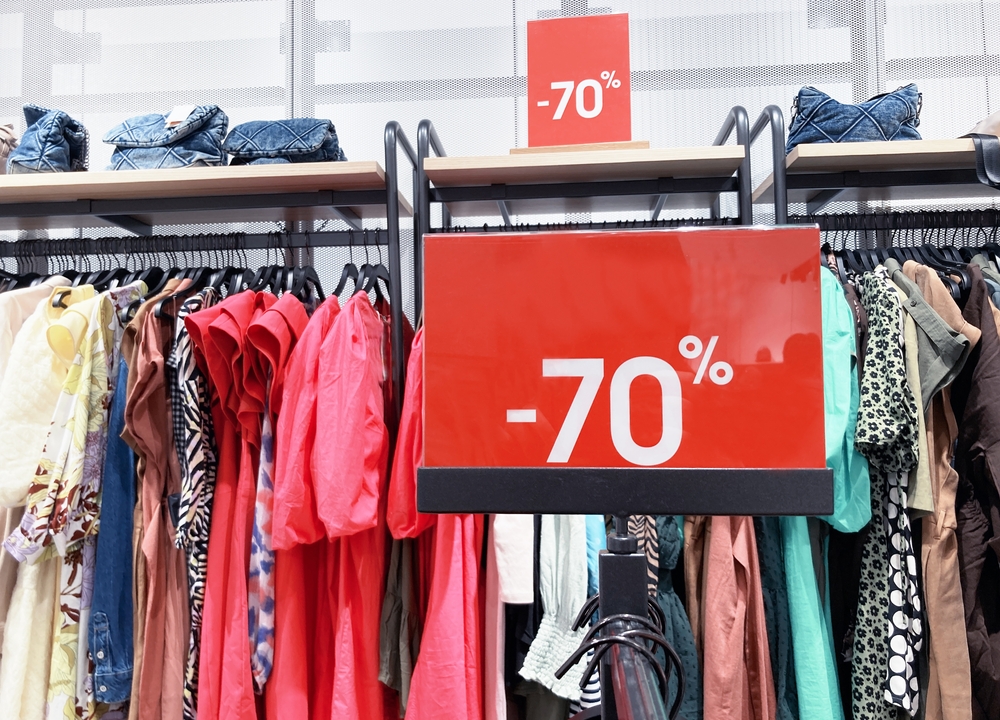
Opting for inexpensive clothing often leads to higher long-term costs. Cheap fabrics and poor construction mean these items wear out quickly. As a result, frequent replacements become necessary, adding up over time. Investing in higher-quality clothes initially may seem costly but proves economical by lasting longer. Moreover, well-made clothes often fit better and look more professional. Ultimately, quality over quantity saves both money and wardrobe space.
Skipping Regular Health Checkups

Skipping regular health checkups to save money can lead to severe financial repercussions. Early detection of health issues is crucial for effective treatment and lower costs. Avoiding these checkups might result in advanced diseases that are more expensive to treat. Additionally, managing chronic conditions from the onset prevents complications and hospitalizations. Prioritizing preventive care reduces the risk of high medical bills. Long-term health maintenance is a wiser financial strategy.
Ignoring Car Maintenance

Neglecting regular car maintenance to save money is a common frugal mistake. Routine services, like oil changes and tire rotations, prevent costly repairs down the road. Ignored maintenance can lead to engine failure or tire blowouts, both expensive fixes. Proper upkeep ensures better fuel efficiency, saving on gas. Furthermore, a well-maintained car has a longer lifespan, reducing the need for a premature replacement. Regular check-ups ultimately save more money.
Using Low-Quality Cleaning Products
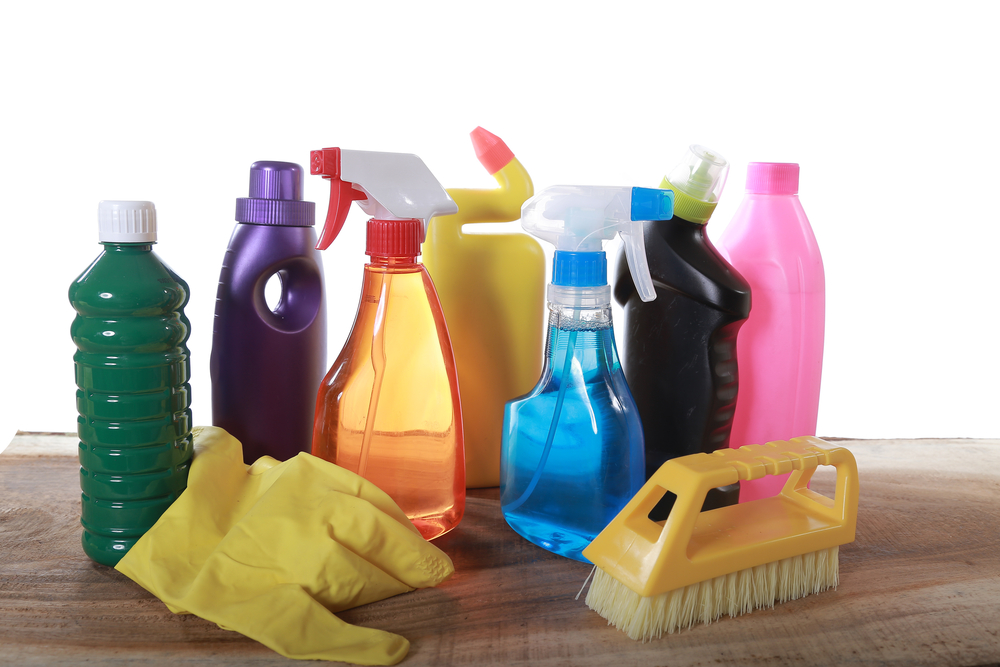
Choosing cheap cleaning products may appear budget-friendly but can cost more in the long run. Inferior products often require larger quantities to be effective. They may also damage surfaces, leading to repair or replacement costs. Investing in higher-quality cleaners means better results with less effort. Additionally, effective products reduce cleaning time, allowing more productive use of time. In the long run, quality cleaning supplies are a more economical choice.
Skimping on Home Insulation
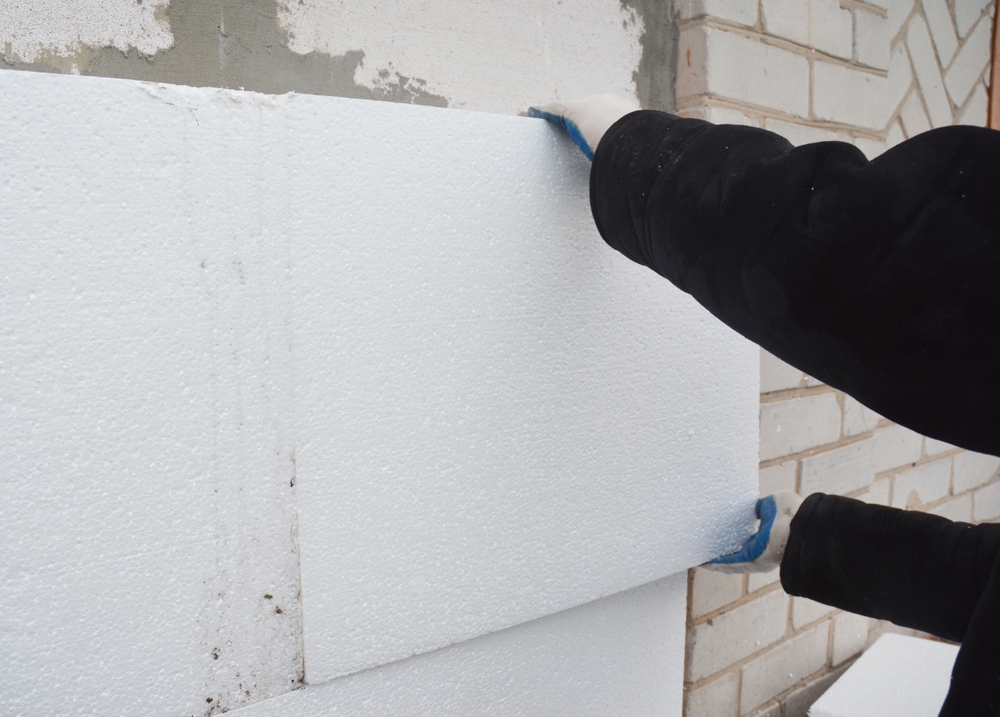
Reducing costs on home insulation can lead to higher energy bills. Poor insulation means homes lose heat in winter and cool air in summer, increasing heating and cooling expenses. Investing in quality insulation improves energy efficiency, saving money over time. It also enhances home comfort and reduces the environmental impact. Proper insulation is a smart, long-term investment for any homeowner. Neglecting it proves costly both financially and environmentally.
Avoiding Professional Financial Advice

Avoiding professional financial advice to save money can result in poor financial decisions. Financial advisors provide expertise that can lead to better investment strategies and tax savings. Attempting to navigate complex financial landscapes alone often leads to costly mistakes. Advisors help in planning for retirement, estate, and tax issues, maximizing savings. The initial cost of hiring a professional is outweighed by the long-term financial benefits. Ignoring expert advice can be a significant financial misstep.
Cutting Out Insurance

Cutting out or under-insuring to save money is a risky frugal habit. Insurance provides a safety net for unexpected events, like health emergencies, accidents, or natural disasters. Lacking sufficient coverage can lead to enormous out-of-pocket expenses. Adequate insurance ensures peace of mind and financial stability. The cost of premiums is minimal compared to potential financial devastation. Skimping on insurance can result in unmanageable debt and financial ruin.
DIY Home Repairs

Attempting DIY home repairs to save money can backfire. Without proper skills, DIY projects can lead to bigger problems and more expensive repairs. Professionals ensure repairs are done correctly and safely. Poorly executed repairs can decrease property value and cause safety hazards. Investing in professional services often results in higher quality and longevity of repairs. In many cases, hiring experts saves both time and money.
Buying Cheap Electronics

Purchasing cheap electronics may seem cost-effective but can lead to frequent replacements. Inexpensive devices often have shorter lifespans and lack necessary features. Investing in quality electronics ensures better performance and durability. Moreover, higher-end devices often come with better warranties and customer support. Frequent replacements of cheap electronics ultimately cost more than investing in a reliable product. Quality electronics offer long-term value and satisfaction.
Skipping Car Insurance

Skipping or reducing car insurance coverage to save money is a dangerous practice. Adequate car insurance protects against high costs from accidents, theft, or damage. Without sufficient coverage, out-of-pocket expenses can be overwhelming. Legal requirements also mandate minimum coverage, and failing to meet them can result in fines or legal issues. Comprehensive insurance provides financial protection and peace of mind. Cutting corners on car insurance is a costly gamble.
Not Investing in Quality Shoes

Opting for cheap shoes often leads to discomfort and frequent replacements. Poor-quality footwear can cause foot problems, leading to medical expenses. Investing in well-made, supportive shoes promotes better foot health and longevity. Quality shoes provide better comfort, reducing the need for multiple pairs. Over time, the cost of replacing cheap shoes exceeds the investment in durable ones. Good footwear is essential for overall well-being and financial savings.
Using Cheap Paint
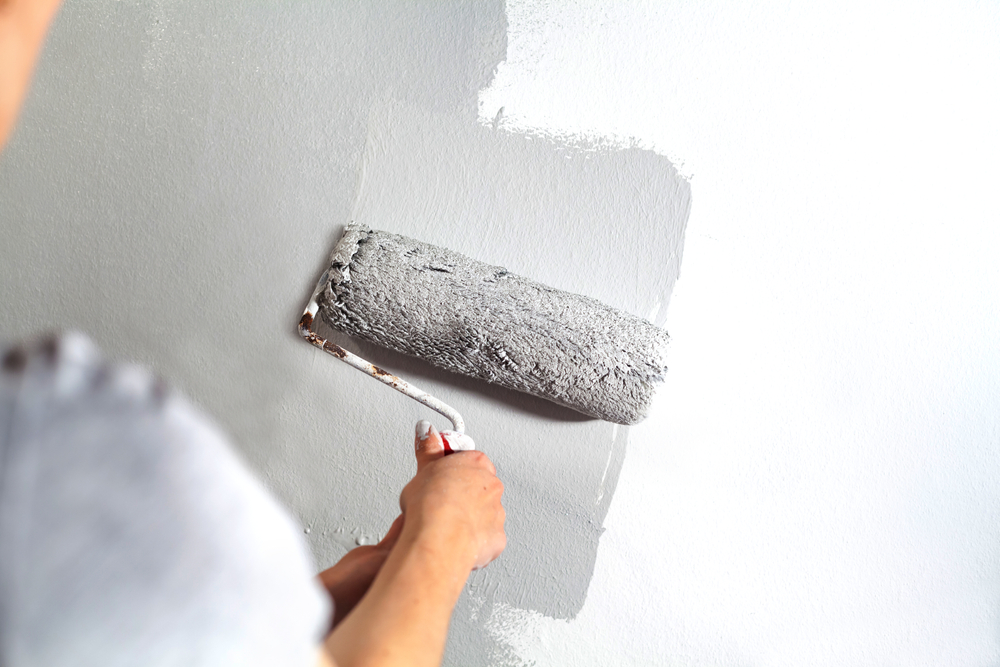
Using cheap paint for home projects can result in poor coverage and durability. Inferior paint often requires multiple coats, increasing overall costs. It may also chip or fade quickly, necessitating frequent repaints. Investing in high-quality paint ensures better coverage, longevity, and aesthetics. Quality paint enhances home value and reduces maintenance frequency. Ultimately, the initial cost is offset by long-term savings and satisfaction.
Avoiding Dental Care

Avoiding regular dental checkups to save money can lead to severe dental issues and higher costs. Preventive dental care helps detect and treat problems early, avoiding expensive treatments. Neglected oral health can result in pain, infections, and even systemic health issues. Investing in routine dental visits and proper oral hygiene is essential. It prevents costly procedures like root canals, extractions, or dentures. Dental health is crucial for overall health and financial well-being.
Buying Cheap Tools

Purchasing cheap tools often results in inefficiency and frequent replacements. Low-quality tools can break easily, leading to additional costs and frustration. Investing in durable, high-quality tools ensures better performance and longevity. Quality tools provide reliability, safety, and better results. Over time, the cost of replacing cheap tools exceeds the investment in good ones. Proper tools are a long-term investment for any DIY enthusiast or professional.
Skimping on Food Quality

Choosing cheap, processed foods to save money can lead to health issues and higher medical costs. Poor nutrition contributes to chronic diseases like obesity, diabetes, and heart disease. Investing in quality, nutritious foods promotes better health and reduces healthcare expenses. Fresh, whole foods provide essential nutrients and long-term health benefits. A healthy diet enhances quality of life and productivity. Skimping on food quality is a false economy with serious consequences.
Ignoring Eye Care

Avoiding regular eye checkups and using cheap eyewear can lead to serious vision problems and higher costs. Early detection of eye conditions can prevent severe issues and expensive treatments. Quality eyewear ensures proper vision correction and comfort. Investing in regular eye exams and good glasses or contact lenses promotes better eye health. Neglected vision care can result in reduced quality of life and work efficiency. Eye health is vital for overall well-being and financial savings.
Cutting Corners on Childcare

Choosing cheap childcare options to save money can compromise the quality of care and safety. High-quality childcare providers offer better education, nutrition, and safety standards. Investing in good childcare promotes better development and peace of mind. Cheap options might lead to frequent changes and instability for the child. Quality childcare ensures a supportive and nurturing environment. Cutting corners on childcare is a risky and costly decision.
Using Cheap Bedding
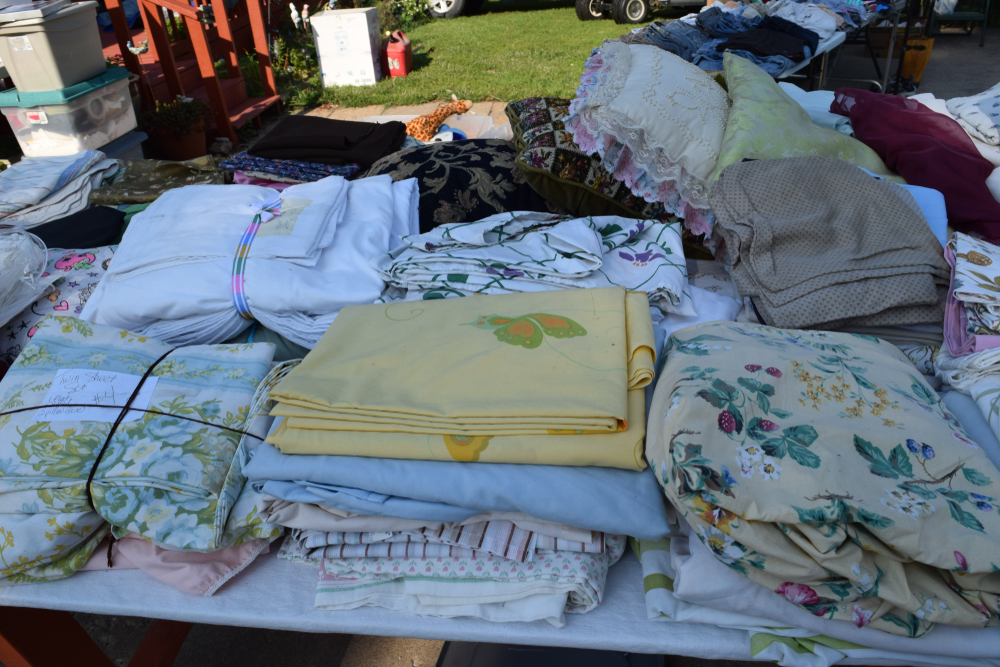
Opting for cheap bedding can result in poor sleep quality and health issues. Inferior materials may cause discomfort, allergies, and frequent replacements. Investing in high-quality bedding promotes better sleep, health, and longevity. Quality mattresses, pillows, and linens enhance comfort and durability. Proper sleep is essential for overall health and productivity. Skimping on bedding is a false economy with long-term repercussions.
Avoiding Professional Pest Control

Trying to handle pest control independently with cheap products can lead to ineffective results and bigger infestations. Professional pest control ensures thorough and safe eradication of pests. Neglected pest issues can cause significant damage to property and health risks. Investing in professional services prevents recurring problems and costly repairs. Quality pest control provides peace of mind and a healthier living environment. DIY pest control often results in higher long-term costs.
Skipping Professional Tax Help

Avoiding professional tax help to save money can lead to errors and missed deductions, costing more in the long run. Tax professionals provide expertise in maximizing refunds and minimizing liabilities. DIY tax filings can result in audits, penalties, and legal issues. Investing in professional tax services ensures accurate and optimized returns. Proper tax planning and filing prevent costly mistakes and stress. Professional tax help is a smart financial decision.
This article originally appeared on RetailShout
More From RetailShout
13 Trader Joe`s Seasonal Items You Shouldn`t Miss

Each season brings new excitement to the shelves of Trader Joe’s, where seasonal items quickly become fan favorites. These limited-edition products are not only delicious but also perfectly capture the flavors and moods of the time of year. Read More.
19 Quick and Easy Dinner Ideas Using Only Trader Joe`s Ingredients

Trader Joe’s is a treasure trove of unique and high-quality ingredients, perfect for creating quick and delicious dinners. Whether you’re a seasoned chef or just looking for something easy to whip up after a long day, these dinner ideas are designed to be both satisfying and simple. Read More.
18 Trader Joe`s Pantry Staples That Are Perfect for Busy Weeknights

When the week gets hectic, having a well-stocked pantry can make all the difference in getting dinner on the table. Trader Joe’s offers a variety of pantry staples that are not only convenient but also packed with flavor. Read More.






